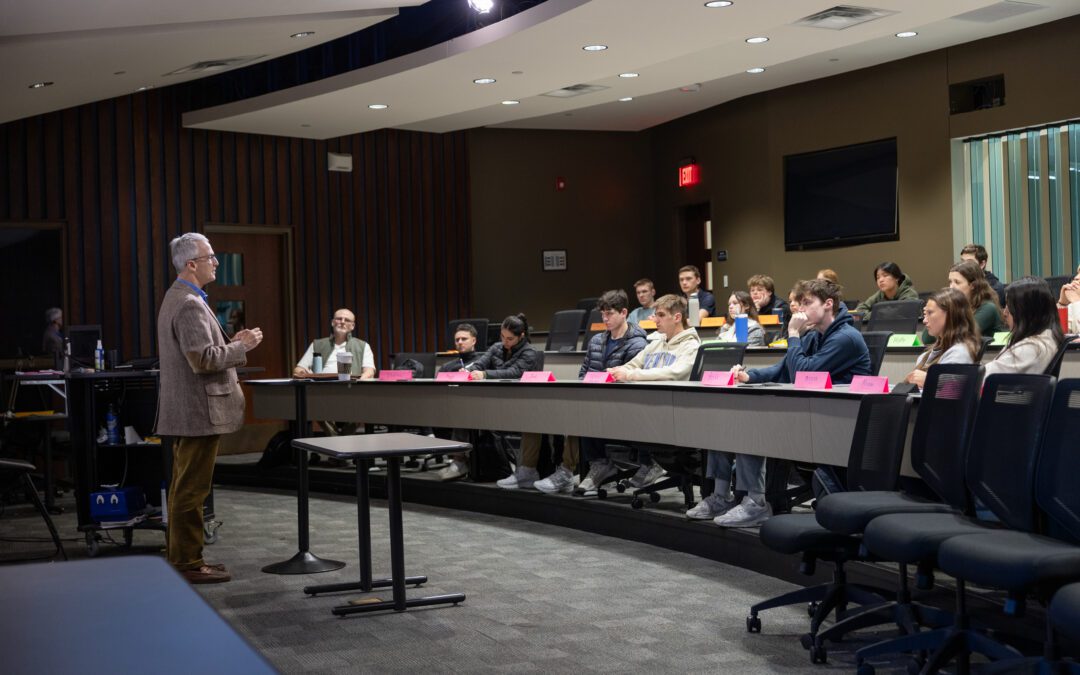Often referred to as the “Freud of Football,” John F. Murray, Ph.D., both a clinical and sports psychologist, describes sports psychology as a “new frontier.” Psychology is often the difference between good and great athletes. It usually is the deciding factor. Why? Because skill and talent is only one part of the game. Athletes have to be able to focus on the mental side of playing the game, although enhancing an athlete’s performance is also only a single part of sports psychology.
What is Sports Psychology?
Sports psychology is a very specific area of psychology dealing with the mental factors that may influence sports performance, as well as the mental well-being of athletes. While psychologists working in this field use similar techniques and methods as other types of psychologists, there’s a very distinct focus on working with athletes. Their job may include helping athletes with performance enhancement using psychological techniques, motivation for improved performance, and stress and anxiety control. They may also provide research on various related issues, such as group sports psychology. However, it’s important to note that sports psychology goes beyond just using psychological principles to enable athletes to improve performance and enjoy optimal mental health. It also focuses on better understand how physical activity, exercise, and participating in a sport can affect the athlete’s well-being, health, and psychological development throughout their life.
Sports Psychology and Stress Reduction
Playing sports, particularly on a professional level, comes with a significant amount of mental pressure, and stress has multiple effects on performance, including psychological, emotional, and physical effects. Athletes need to perform well, but they’re often faced with criticism from coaches, family members, media personalities, and more. Critical talk and other stresses of the job can be mentally draining, keeping athletes from performing their best. Sports psychologists work with athletes to combat the stresses that come with playing their sport, teaching important skills like positive self-talk, relaxation, life skills planning, and imagery. They may also provide counseling, treating the overall mental health of the athlete and addressing any mental issues that come up along the way.
Sports Psychology and Sports Performance
Sports psychology also focuses on providing psychological training to help improve performance. Physical training is important, but how athletes show up mentally on the day of competition and how they manage mental focus throughout their performance plays a huge part in the outcome. Some sports psychologists may specialize in certain areas, including cohesion and team building, mental preparation for performance, enhancing performance, leadership, self-esteem and confidence, and motivators for effective training and performance. All of these specialties can help athletes improve how they perform in their sport, focusing on the mental parts of the game to complement the physical prowess they already have.
A closer look at the psychology behind exceptional sports performance has found that certain psychological characteristics are essential to perform well athletically. Even the most physically talented athletes can have a tough time being successful if they don’t have the psychological characteristics required to excel in the sports world. Some of the most important psychological characteristics that must be developed by athletes to be successful include volition and drive, confidence, calmness, emotional control, and mental focus.
Sports Psychology and Sports Injuries
Another part of sports psychology is helping athletes deal with sports injuries, which can have a huge psychological effect on athletes, particularly those of the younger generation. Injured athletes have been found to have lower self-esteem, an increase in negative thoughts, and higher levels of depression. Although injury can result in significant psychological issues for older adults, it can be catastrophic for younger athletes to get knocked down by injuries. Adolescent athletes especially experience high risk for depression after an injury.
Some athletes go through a grieving period after injury, feeling that they have lost a huge part of their “self,” which can lead to negative beliefs and thoughts. After injury, they may need help navigating through the feelings of loss, which can include denial, anger, depression, and eventually resignation. Even after recovering from an injury, athletes may continue to have emotional responses to the fear of re-injury, which can result in further problems with both anger and depression. The emotional response resulting from fear may even increase recovery times for athletes.
Psychological post-injury help is essential for athletes, not only helping them to recover physically from a sports injury, but mentally as well. Teaching athletes basic stress reduction techniques and relaxation techniques can help reduce problems with negative emotional responses.
Sports psychology is becoming more and more prevalent in the world of sports, and this multidisciplinary field spans sports science, sports medicine, and psychology. If you’re passionate about sports and helping athletes go from being good to great, then this career could be an excellent fit for you.
If you’re interested in sports psychology and looking for a school that will help you reach your goals while providing you with a Christ-centered education, OKWU may be the perfect fit for you. To learn more about how Oklahoma Wesleyan University can help you pursue your passion in sports psychology, contact us today by emailing info@okwu.edu or calling 918-335-6200.


